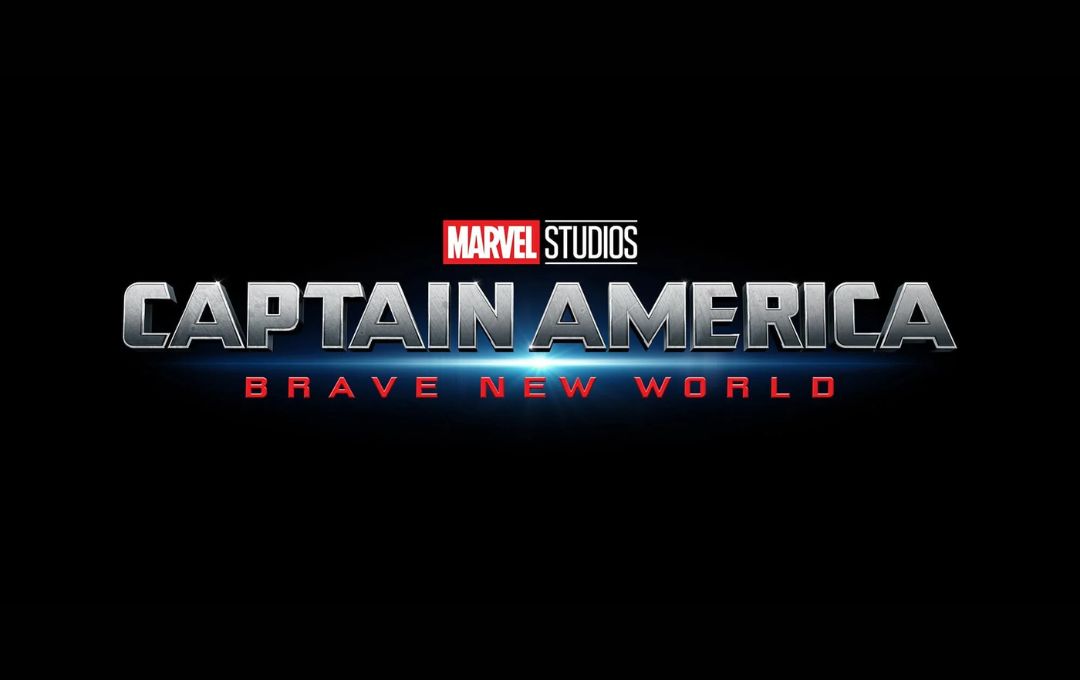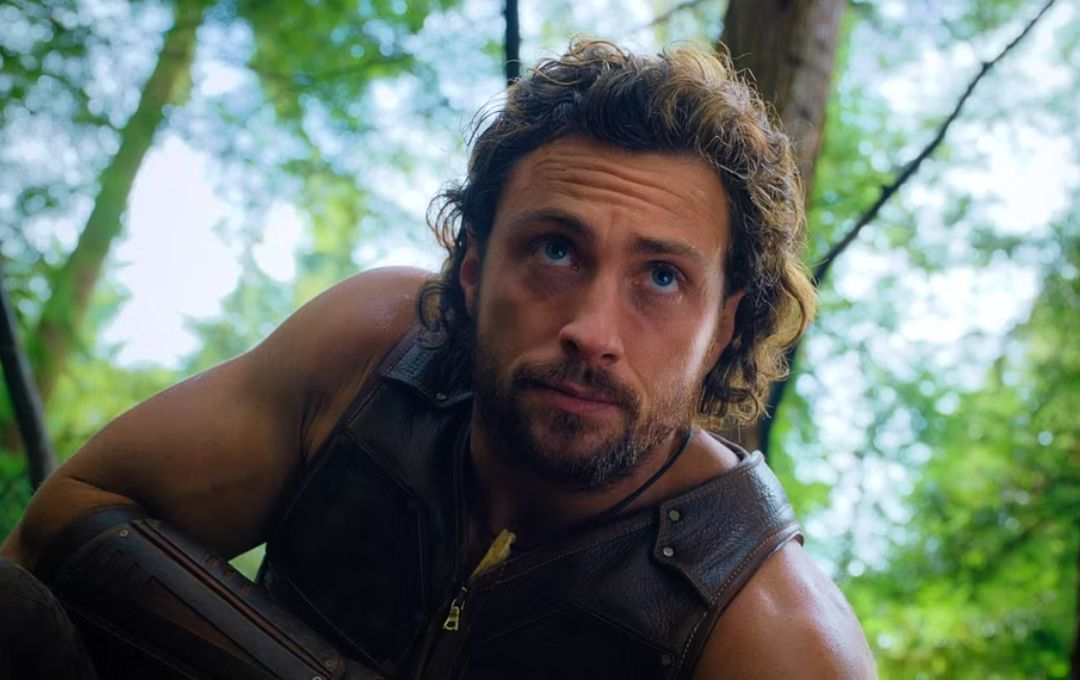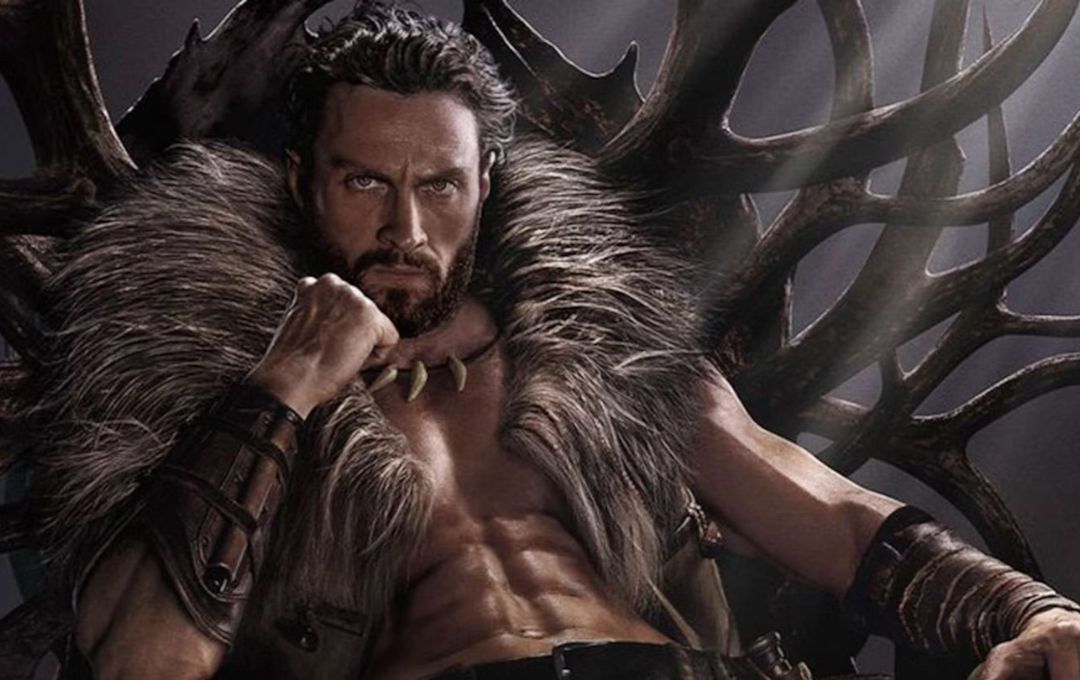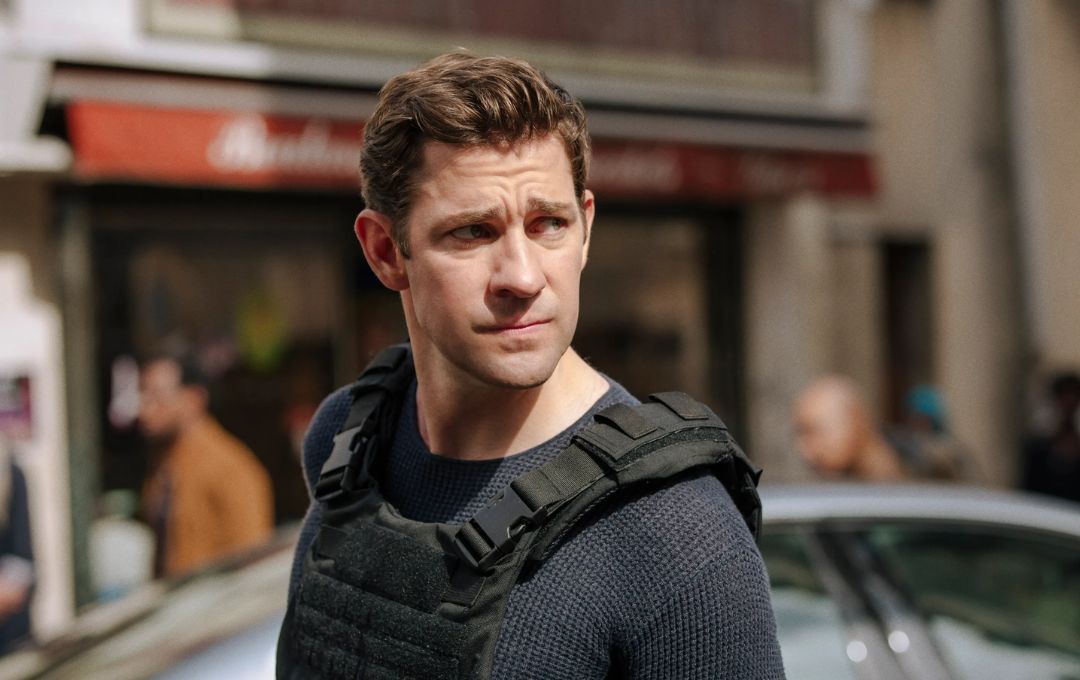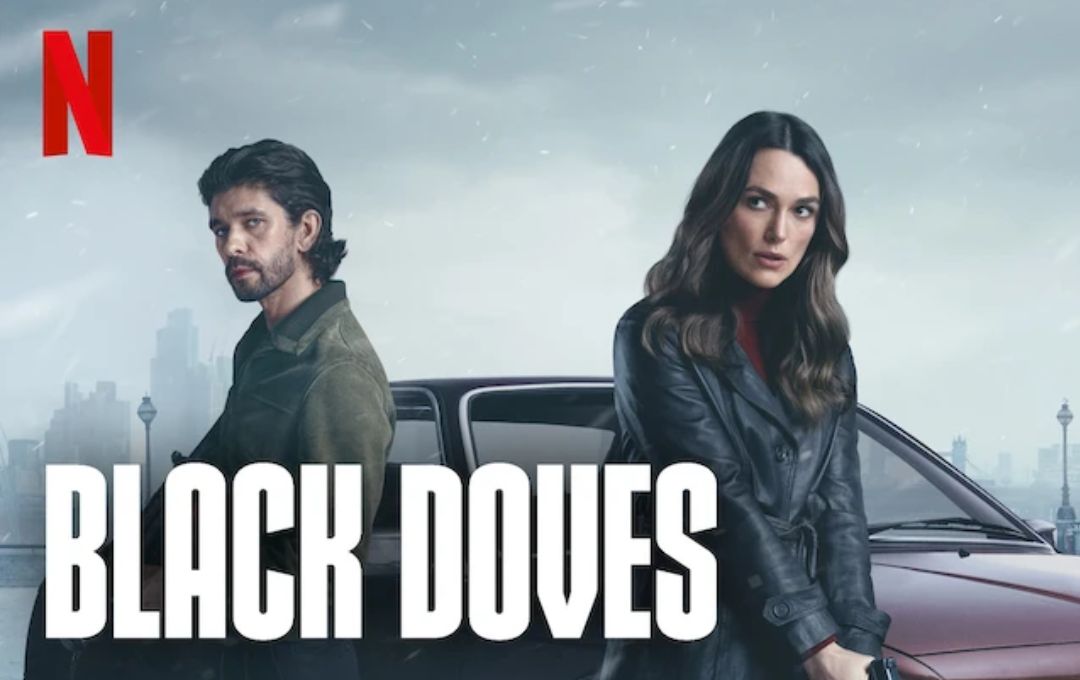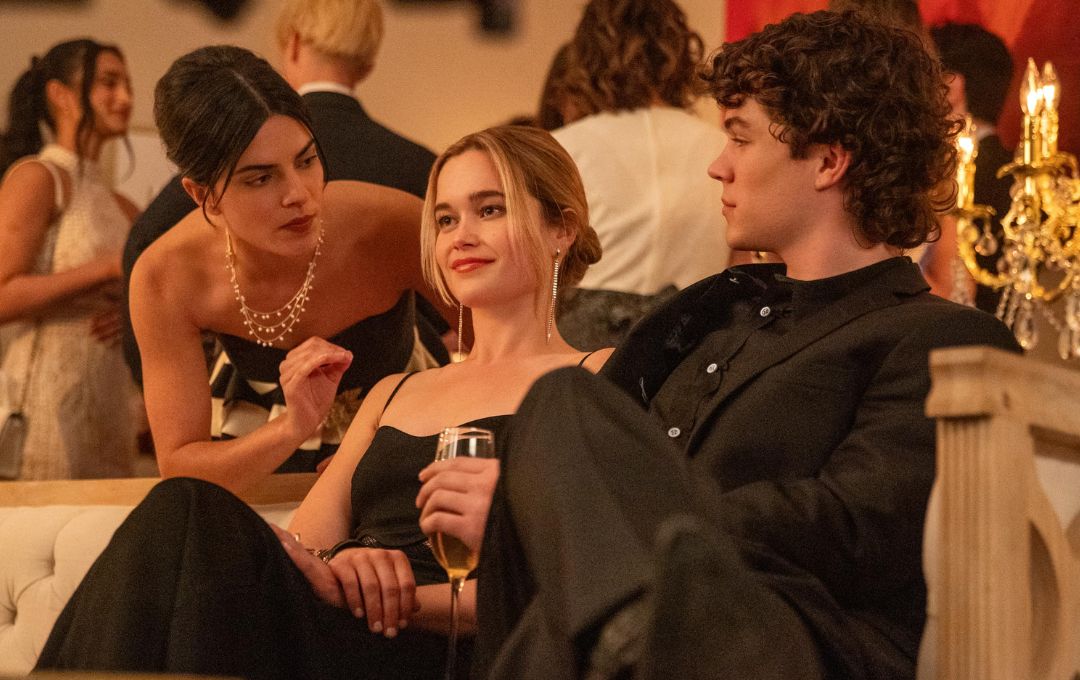The Madness Review: Colman Domingo’s Conspiracy Thriller Stumbles More Than It Soars
Colman Domingo’s latest series, The Madness, sacrifices sharp suspense for a muddled narrative and overblown explorations of divisive topics.
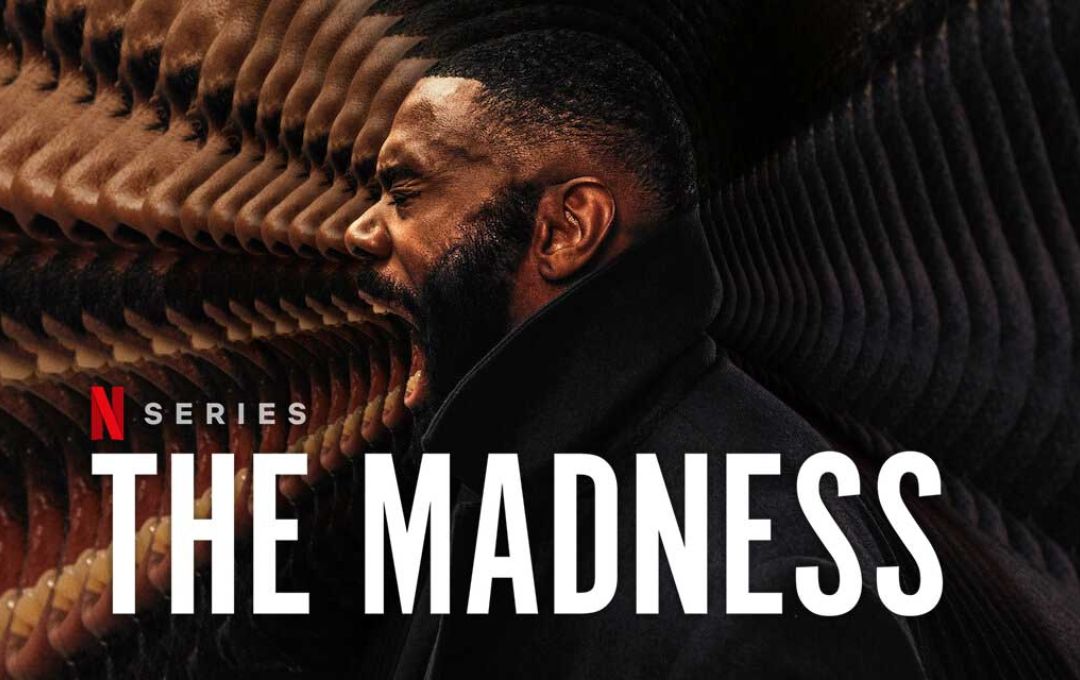
Colman Domingo’s latest series, The Madness, sacrifices sharp suspense for a muddled narrative and overblown explorations of divisive topics.
Arriving on Netflix amid a surge of A-list thriller series like Michael Fassbender’s The Agency and Eddie Redmayne’s The Day of the Jackal, The Madness features Colman Domingo in a lead role that initially appears promising. Known for his powerful performances in Rustin and his Emmy-winning turn in Euphoria, Domingo’s acting chops have rarely been in question. His portrayal of Victor Strand in Fear the Walking Dead hinted at his underutilized physicality, which the show also taps into. However, The Madness struggles to translate Domingo’s talent into a compelling story, instead delivering a series that feels more like filler than a must-watch thriller.
A Promising Premise That Falls Flat
The series, created by playwright Stephen Belber (The Laramie Project, Tape), follows Muncie Daniels, a media pundit and part-time CNN contributor whose life spirals after he discovers a dead body in a remote cabin near his rental home. The victim, Mark Simon, is revealed as the leader of a fringe white supremacist group called The Forge, drawing parallels to real-world conspiracies and radicalized internet discourse.
While the premise teases an engaging blend of mystery and political intrigue, it quickly devolves into a slog of overused buzzwords and uninspired plotting. The series leans heavily on terms like “deep state” and “cabal” but fails to deliver fresh insights or satisfying dramatic tension.
Domingo’s Talent Undermined by a Flat Protagonist
Domingo’s casting initially suggests an unconventional, exciting choice for a conspiracy-laden thriller. His character, Muncie, is a layered figure—a media professional struggling to balance his career and family while grappling with the shadow of his activist father. Yet, the script reduces Muncie to a monotonous and self-serious character who feels disconnected from Domingo’s usual vibrant persona.
Instead of showcasing his range, Domingo is tasked with navigating a rigid, emotionless role that neither captivates nor evolves meaningfully. This lack of character depth undercuts the potential for viewers to root for Muncie as a relatable underdog.
A Tedious Eight-Part Journey
The eight-episode format of The Madness stretches the plot far beyond its limits. Dialogue-heavy scenes aim for cultural commentary but often come across as preachy or didactic. Attempts to ground the story in “reality-based” conspiracies feel less like immersive storytelling and more like regurgitated Reddit threads.
The pacing suffers, with moments of intrigue frequently interrupted by scenes that feel like filler rather than essential narrative beats. What could have been a taut, suspenseful thriller morphs into a tedious viewing experience that tests patience more than it rewards curiosity.
Strong Ensemble Cast, Misused
If there’s a silver lining to The Madness, it lies in its stellar supporting cast.
- John Ortiz delivers a standout performance as a seasoned, no-nonsense FBI agent with a touch of humor.
- Deon Cole, in a surprising departure from his comedic roots, shines as Muncie’s loyal attorney and confidant.
- Rising star Thaddeus J. Maxson brings a refreshing dose of humanity and levity as Muncie’s son, Demetrius.
- Stephen McKinley Henderson, Marsha Stephanie Blake, and Tamsin Topolski round out the cast with solid performances.
Despite their best efforts, even this talented ensemble struggles against a thin script that fails to fully utilize their abilities.
A Series at Odds with Itself
The Madness seems caught between two identities: a murder mystery and a sociopolitical critique. While its ambition to tackle modern media’s influence and the spread of misinformation is commendable, the execution feels heavy-handed and unfocused.
Scenes like a misplaced attempt at humor with an overly enthusiastic Chili’s waiter or on-the-nose dialogue (“Stop trying so hard”) highlight the tonal inconsistencies. These moments of self-awareness could have added depth but instead come off as unintentionally ironic, mirroring the show’s own struggles to find its footing.
Missed Opportunities for Commentary
At its core, The Madness explores how misinformation and radical ideologies permeate the internet and media. While these are timely and important themes, the series offers little new insight. Its attempts to mirror real-world issues often feel superficial, and its reliance on conspiracy-laden rhetoric risks legitimizing extreme views without adequately critiquing them.
For instance, the show touches on “rigged elections” and shadowy “deep state” machinations but fails to provide meaningful commentary, leaving viewers questioning its intent rather than engaging with its story.
Final Verdict: More Questions Than Answers
The Madness begins with an intriguing hook and a compelling lead in Colman Domingo but falters under the weight of its own ambitions. Its thin narrative, flat characters, and preachy tone ultimately undermine its potential as a gripping thriller.
While it touches on relevant issues, it fails to elevate them beyond surface-level reflections, leaving viewers with more questions than answers—not about the plot, but about why the series exists in the first place.
For all its promise, The Madness feels less like a must-watch series and more like a cautionary tale of how not to handle hot-button topics in entertainment.
Source: Screen Rant

